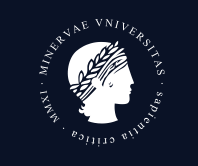IALT Annual Conference
 The Irish Association of Law Teachers (IALT) Annual Conference will be held on 16-18 November 2012 at the Fitzpatrick Castle Hotel, Killiney, Dublin.
The Irish Association of Law Teachers (IALT) Annual Conference will be held on 16-18 November 2012 at the Fitzpatrick Castle Hotel, Killiney, Dublin.
The theme of the conference is
Legal Scholarship and Judicial Reasoning: A Mutual Interaction.
I have explored this theme here in previous posts discussing papers by Judge Bryan McMahon and Lord Neuberger, so I am greatly looking forward to the conference. The IALT Kevin Boyle Book Prize will be awarded on the first night (Friday 16 November), and the AGM of the IALT will take place following lunch on Sunday (18 November).
Call for Papers
The call for papers for the conference is now open, and abstracts (maximum 300 words) are invited on any area of law. If you are interested in presenting a paper, please email your abstract to the President of the IALT, my TCD colleague Prof Deirdre Ahern, before Friday 19 October 2012, providing the following information: name, institutional affiliation, whether or not you are a member of the IALT, email address and contact phone number.
Conference Registration
All those attending the conference, including speakers, must pay the conference fee and make their own accommodation arrangements – the IALT has negotiated a preferential room rate at the hotel.…



